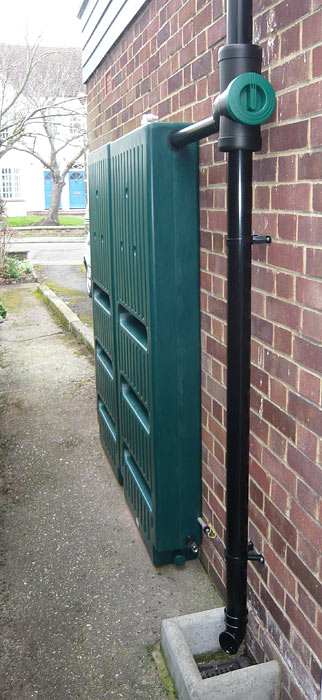The Guide To Harvesting Rain
Is your company regularly spending large amounts of money on water? No matter the industry, water tends to be a big expense for just about any company dealing with manufacturing or similar industrial activities. Most companies, as a result, are actively looking into ways to recycle their water usage and reduce the consumption of water. If you live in a region that is blessed with periodic and abundant rains, you might want to look into ways to harvest that very rainwater for your company’s needs. Of course, even if your company operations necessitate a specific quality for water (whether that is a specific pH value or a specific chemical composition), you should know that rainwater you harvest can be used for a range of other needs in the company besides these (i.e. it can be used for the sewer systems, the washrooms, to water plants, etc.). As such, investing in rainwater storage tanks is often a smart move – and if you want to, but are not sure of how to proceed,

below is a small guide:
- The purpose of the water – your principal concern in harvesting rainwater should be deciding the purpose of the rainwater: what will you use it for, and where? Depending on the answer, the type of tank you need will inevitably differ: for example, if you plan to keep a tank outside to be used during accidental fires and the like, a fire fighting water tank is your best choice. On the other hand, if you plan to incorporate the rainwater into the water supply of your company, you will need to look for not only tanks, but a reputed plumber who can make the connections as well.
- The size of the tank – the next point you should probably focus on is how large you want your tank to be. A company needs a large amount of water on a daily basis, and regardless of what you plan to use the water for, you will definitely need a larger model than the average tanks for residential purposes. On the other hand, also note that if you plan to use the rainwater for a number of purposes, you might instead want to invest in a number of smaller tanks.
- The material of the tank – and lastly, the other most important point relevant to rainwater tanks is the material they are made of. Generally, industrial-purpose rainwater tanks will tend to be made of concrete as it is cheap and resistant to most issues such as rusting or damages to the tank itself. However, if that does not suit your purpose, keep in mind that you can invest in other materials such as metal, fibreglass or even plastic.